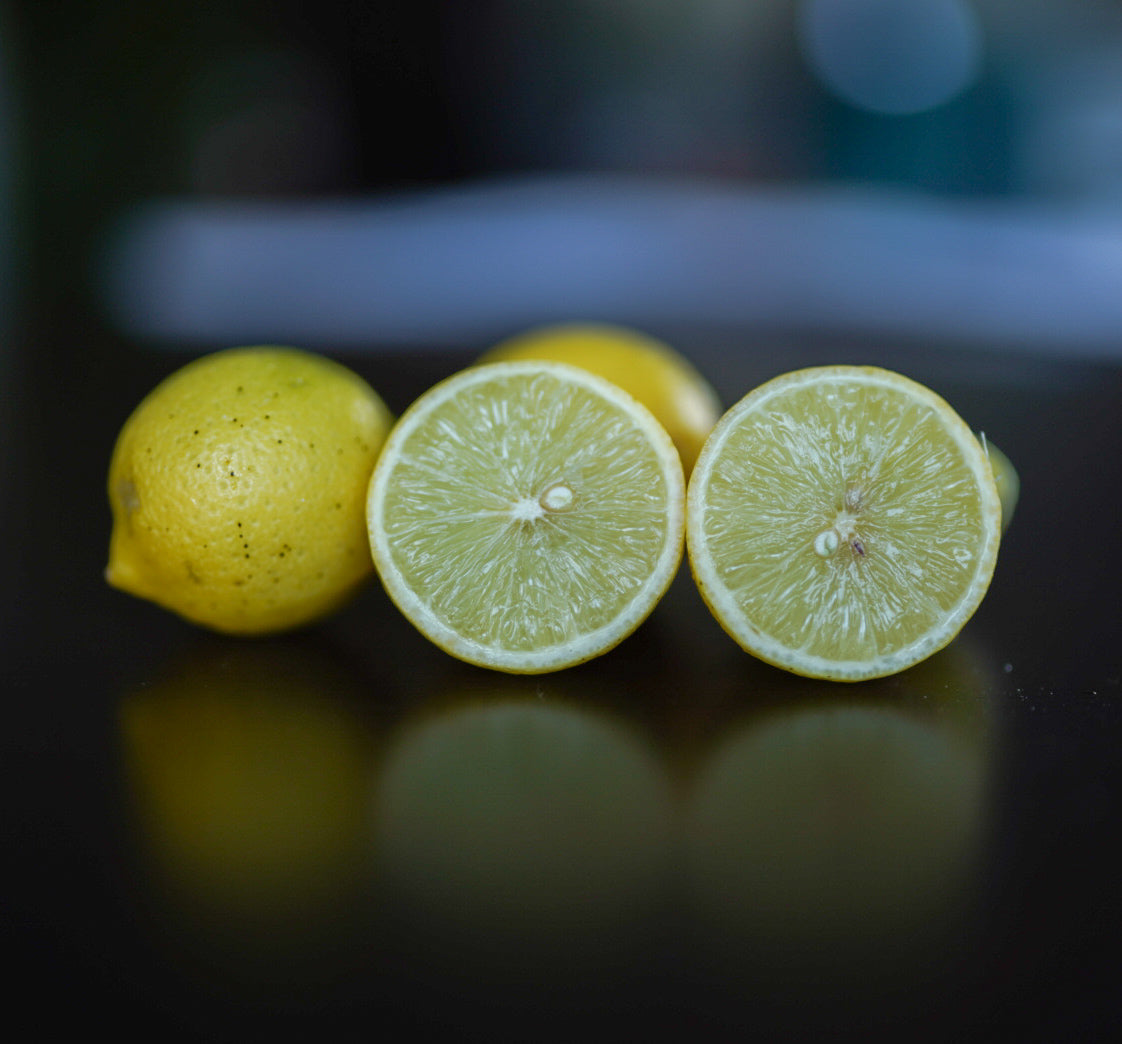Lime - Key Lime (Mexican lime)
- Regular price
-
$60.00 - Regular price
-
- Sale price
-
$60.00
Couldn't load pickup availability
The Key Lime, also known as the Mexican Key Lime, is renowned for its role in creating Key lime pie. Due to its adaptability, this lime tree is a popular choice for both indoor and outdoor container cultivation, and it can thrive when planted in the ground in temperate climates.
It makes an ideal addition to your patio, offering not only fresh limes but also appealing green leaves, lovely pinkish-white blossoms, and fragrant flowers, followed by a bounty of floral citrus fruit. These limes are highly prized for making delicious Key Lime pies, originally made famous in the Florida Keys. They are also used in tropical cocktails, savory marinades, and refreshing limeades.
For homesteaders, these citrus trees provide the opportunity to preserve an abundant harvest. Moreover, they may even bloom while the fruit is still developing, enabling a continuous harvesting process.
As for the fruit itself, Mexican Key limes are typically small, featuring thin peels. When ripe, they exhibit a yellow or yellowish-green hue and possess a high level of acidity, along with the characteristic aroma of limes. Each lime requires approximately six to nine months to reach maturity. Notably, limes are rich in vitamin C and contain beneficial antioxidant phytonutrients called flavanones.
Rootstock options:
Trifoliata (Standard) - Tree will grow to around 2.5-3.0 meters high, and 2.5 meters wide. Best option if you have plenty of space, and want a full sized tree.
Flying Dragon (Dwarf) - Tree will grow to around 1.8 meters high, and 1.8 meters wide. Best option for growing in a container/pot, small garden, or for those who like a uniform, manicured citrus tree look.
The fruit produced on both rootstocks is exactly the same, as the grafted scion is from the same mother plant. These different rootstocks mainly control the tree size, but also both have fantastic pest, disease and cold resistance, and are the best for helping you grow citrus trees in New Zealand's climate.
Citrus Care Tips
|
Watering: Citrus plants should be watered deeply once or twice a week, depending on the soil and weather conditions. Water the plant until the soil is evenly moist, but not waterlogged. Avoid letting the soil dry out completely, as this can cause the leaves to yellow and drop. |
|
Fertilising: Feed citrus plants with a balanced fertiliser (such as a 10-10-10 formula) every month during the growing season (spring and summer). Alternatively, you can use a slow-release fertiliser or a liquid fertiliser. Citrus plants also benefit from the addition of compost or well-rotted manure to the soil. |
|
Pruning: Prune citrus plants to remove dead or damaged branches, and to shape the plant as desired. Pruning also helps to encourage new growth and keep the plant healthy. Use clean, sharp pruning tools to make precise cuts. |
|
Pest control: Keep an eye out for pests such as aphids, mealybugs, and mites, which can damage citrus plants. These pests can be controlled through the use of natural methods such as introducing beneficial insects, or by using pesticides as a last resort |
|
Sunlight: Citrus plants need plenty of sunlight to grow and produce fruit. In most cases, a location with 6-8 hours of direct sunlight per day is ideal. |
|
Soil: Citrus plants prefer well-draining, slightly acidic soil with a pH of 6.0-6.5. If your soil is not suitable, you can improve it by adding compost or peat moss to increase the organic matter content. |
|
Pollination: Citrus plants are self-pollinating, which means that they do not need to be pollinated by another plant in order to produce fruit. However, the presence of bees and other pollinators can help to improve the quality and quantity of fruit. To attract pollinators, consider planting flowering plants near your citrus trees. |
|
Temperature: Citrus plants thrive in warm temperatures and can tolerate a wide range of temperatures, as long as they are protected from frost. |
|
Mulching: Mulch around the base of your citrus plant to help retain moisture and suppress weeds. Use a mulch that is well-draining, such as wood chips or pine needles. Avoid using a mulch that is too thick, as this can prevent water and air from reaching the roots. |
|
Pruning for fruit production: To encourage fruit production, prune your citrus plant to allow for good air circulation and sunlight penetration. Remove any branches that are crossing or rubbing against each other, as well as any branches that are diseased or damaged. |
| Pesticide use: If you need to use pesticides on your citrus plant, be sure to follow the instructions on the label carefully. Wear protective clothing, such as gloves and a mask, to avoid exposure. Avoid applying pesticides when pollinators are present, and wash your hands thoroughly after handling pesticides. |




